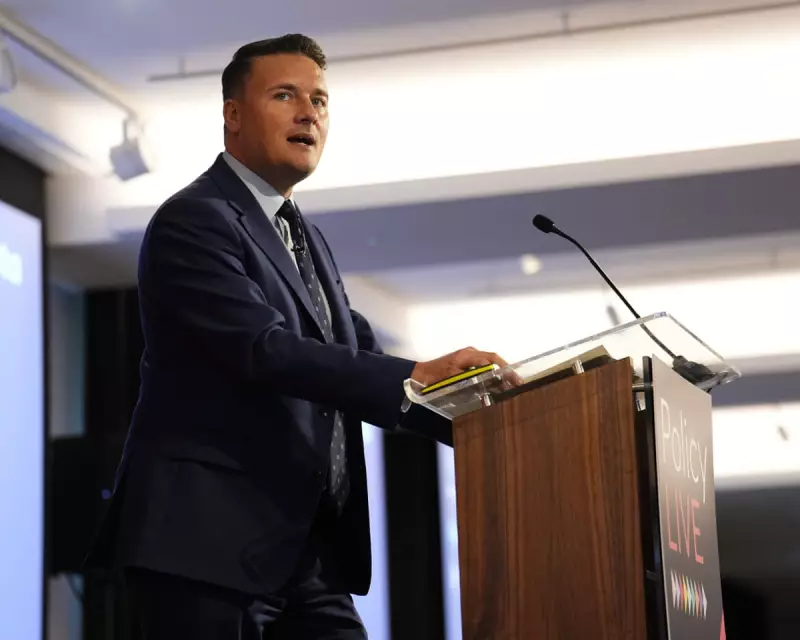
Health Secretary Wes Streeting has delivered a dramatic ultimatum to striking doctors, warning that the NHS will effectively "die" unless medical professionals abandon industrial action and collaborate with the government's ambitious reform plans.
In his most forceful intervention to date, Streeting declared that the cherished health service faces an existential threat if current disputes continue to derail Labour's transformation agenda. The warning comes amid escalating tensions between the government and medical unions over pay and working conditions.
Strike Action Pushing NHS to Breaking Point
The Health Secretary revealed that ongoing strikes have already forced the cancellation of nearly 100,000 operations and appointments, creating a devastating backlog that threatens to overwhelm the system. Streeting emphasized that while the government remains committed to reform, cooperation from healthcare professionals is non-negotiable.
"I'm not going to pretend that we can continue like this," Streeting stated. "The NHS cannot survive without fundamental change, and that change cannot happen while doctors are on picket lines rather than in consultation rooms."
Labour's Reform Agenda Hangs in Balance
The government's proposed overhaul includes radical measures to reduce waiting times, improve patient outcomes, and modernize healthcare delivery. However, these ambitious plans risk collapsing without buy-in from medical staff currently engaged in bitter pay disputes.
Streeting acknowledged the legitimate concerns of healthcare workers but insisted that strikes ultimately harm patients and jeopardize the future of the service itself. He called for immediate return to negotiations, promising that the government would approach talks with "serious intent."
Medical Unions Respond to Ultimatum
British Medical Association representatives have expressed frustration with what they characterize as "threats rather than solutions." Junior doctors in particular have borne the brunt of staffing crises and argue that years of underinvestment have created the current emergency.
The standoff represents the first major test of Labour's ability to manage the crisis-ridden NHS while maintaining relationships with key healthcare professionals. The outcome could define the government's entire health policy agenda for years to come.
As both sides dig in, patients face continued uncertainty about when normal service might resume—and whether the NHS as Britons know it can survive the current turmoil.





